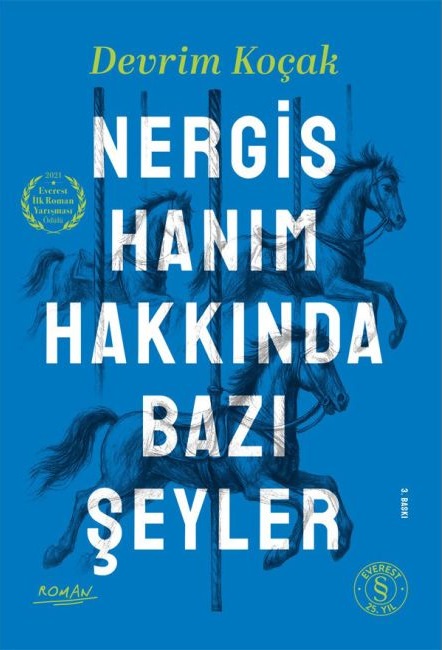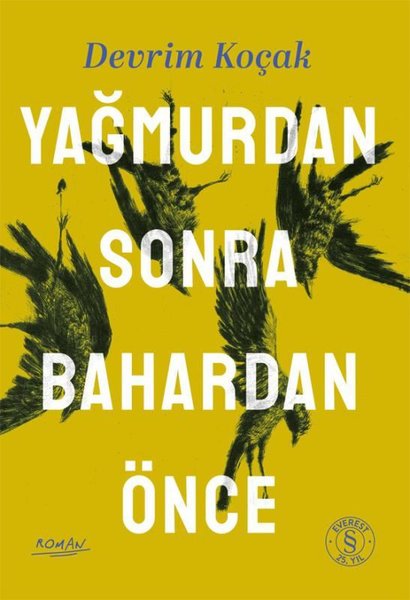Are Balzac’s peasants victims of the system or conscious opportunists? Is human nature innocent or guilty?
Human Nature in Balzac’s Peasants: Sacrifice or Self-interest?
Honoré de Balzac’s work The Peasants (Les Paysans) reveals not only the class conflicts in the French countryside, but also a dark panorama of human nature. In this context, is the peasant figure in the work presented as merely a passive victim of the social system, or is he depicted as a conscious subject of his own actions, or even a self-interested person who bears moral responsibility? In order to answer this question, Balzac’s understanding of realism, his view of human nature, and the socio-economic structure of the period must be put through a philosophical filter.
- The Peasant as a Victim of the System: In the Shadow of Determinism
In the rural society depicted by Balzac, the actions of individuals appear to be largely determined by economic necessities and social structures. In this sense, The Peasants offers ground for a deterministic reading. The peasants’ greed for land, their desire for class elevation, and their jealousy towards the bourgeoisie; It almost inevitably emerges in a field of struggle into which the system draws them. Here, the peasant becomes a figure who, in Karl Marx’s words, “makes history with his own hands, but not under the conditions he chooses, but under the conditions he encounters.” Owning land is not merely an economic gain; it has become a representation of existential legitimacy, respectability and identity. At this point, the peasant’s actions can be read as a result of the structural conditions imposed by the system.
- Conscious Self-interest: In Search of Moral Responsibility
On the other hand, in Balzac’s narrative, peasants are not merely passive figures; on the contrary, they sometimes exhibit extremely cunning, strategic and planned behaviors. Their actions go beyond the mere instinct of survival and include conscious manipulations, fraud and calculated moves aimed at strengthening their social positions. In this sense, peasant characters act with an ethical understanding that is consistent with Machiavelli’s understanding that “all means are permissible” rather than the existential struggles we see in Dostoyevsky’s works. Thus, the peasant is an agent shaped not only by social conditions but also by his own will and interests.
- An Interpretation of Human Nature: The End of Innocence
Balzac’s naturalistic observations present a rather pessimistic picture of human nature. Innocence in peasants is not a romantic rural ideal; it is replaced by a primitive self-interest blended with cunning. Jean-Jacques Rousseau’s understanding that “human nature is good, society corrupts it” does not find its counterpart here. On the contrary, Balzac emphasizes the inherent selfishness of man, not the innate innocence, in the rural structure where society and nature are intertwined. This approach is closer to Thomas Hobbes’ understanding that “man is a wolf to man” (homo homini lupus). Balzac’s peasant is not only a victim of the system, but also a reproducer of this system and an active component of moral collapse.
A Two-Way Ontological Tension
Ultimately, while the novel Peasants does not deny the fact that the peasant characters are under siege by the system, it does not present them merely as passive victims. On the contrary, it shows them as individuals who maximize their own interests in accordance with the system and rationalize unethical behavior. This duality also resurfaces a fundamental philosophical question about human nature: Is man a being shaped by circumstances, or a moral subject who shapes the world with his own choices?
Balzac does not provide a clear answer to this question; however, he demonstrates with his literary genius that man can be both a victim and a perpetrator, and can be the bearer of both innocence and corruption at the same time.


